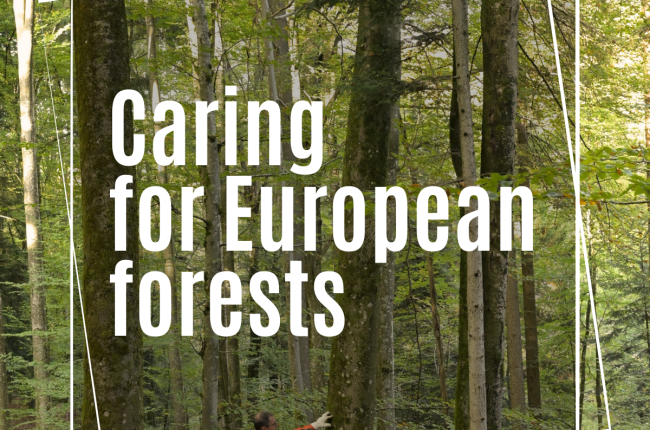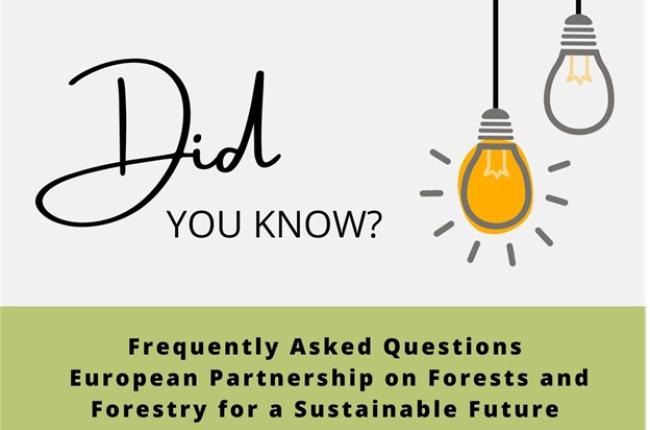Forest fires are now an EU wide concern. In the Mediterranean region, fire is becoming deadlier, while in Central and Northern Europe, unusually dry summers have recently led to large fires in countries such as Sweden, Ireland and Latvia, which have historically seen very few.
Forest fires not only represent a serious danger for human beings and rural areas, environment and biodiversity, but also a serious threat for climate change mitigation potential of forests. CO2 in forests, representing 13% of the net removals of EU’s total greenhouse gas (GHG) emissions2 , carbon storage in wood products and the substitution of fossil material and energy play a crucial role for climate change mitigation.
When forest fires occur, all those benefits are wiped out. Worst, it is estimated that forest fires could release twice as much GHG emission every year as the overall European transport sector3,4 , fastening the climate change process. Such a downward circle must be avoided.
European forest owners and managers strongly believe that Sustainable Forest Management (SFM) practices have an important role to play to foster the multiple benefits of forests, while improving their resilience against forest fires, thus reducing their impact on climate change.
Managed forests often have lower tree density and lower accumulation of dead/dry biomass, which makes them less prone to fire than unmanaged forests. Regular thinnings are also key for forest fire prevention and can be economically attractive for forest owners and managers thanks to new developing markets for small dimension roundwood and forest harvesting residues. These practices, in addition to dully planned and implemented preparedness and prevention measures, contribute to positive long-term impacts on forest resilience, while being adapted to local conditions of the European forest ecosystems.
Ahead of the International Day of Forests, and as representatives of forest owners and managers, we therefore, call for a clear and firm engagement from all relevant policy-makers and stakeholders at national and European level to remain fully dedicated to further promote SFM and multifunctional role of forests. We need to strengthen SFM practices as this will ensure adaptation of forest ecosystems to changing climatic conditions and the delivery of the wide range of forest ecosystems services, including contribution to climate change mitigation.
1Jesús San-Miguel-Ayanz, Tracy Durrant, Roberto Boca, Giorgio Libertà, Alfredo Branco, Daniele de Rigo, Davide Ferrari, Pieralberto Maianti, Tomàs Artés Vivancos, Hugo Costa, Fabio Lana, Peter Löffler, Daniel Nuijten, Anders Christofer Ahlgren and Thaïs Leray (2018) Forest fires in Europe, Middle East and North Africa 2017, JRC Technical reports
2Gert-Jan Nabuurs, Pieter Johannes Verkerk, Mart-Jan Schelhaas, José Ramón González Olabarria, Antoni Trasobares and Emil Cienciala. 2018. Climate-Smart Forestry: mitigation impacts in three European regions. From Science to Policy 6, p.7. European Forest Institute.
3Global Fire Emissions Database
4Dataset on Pollutant emissions from transport, 2016. Eurostat




